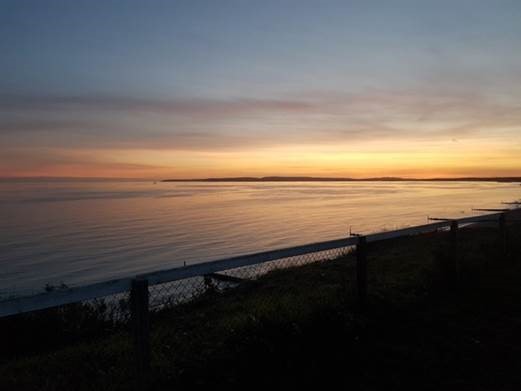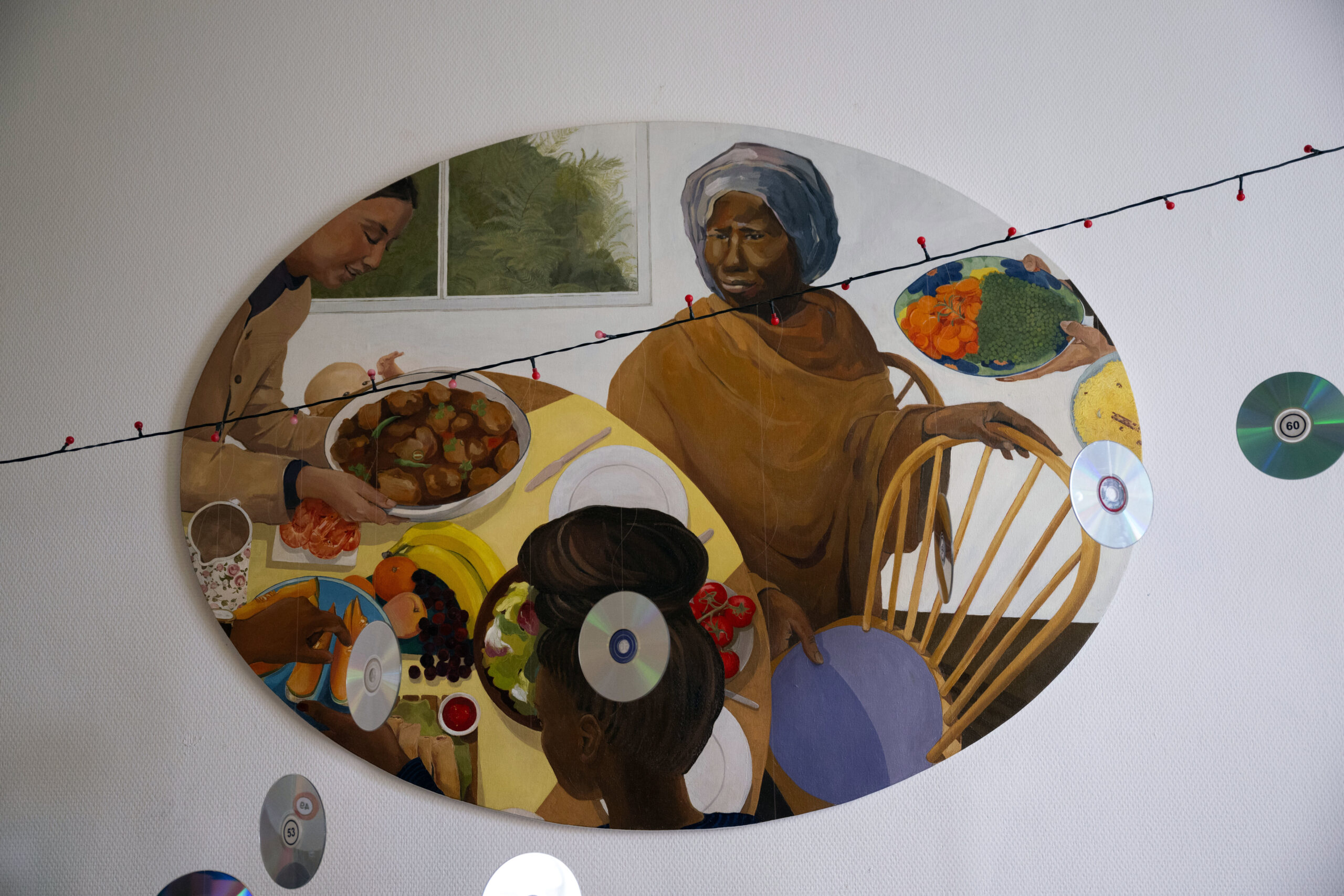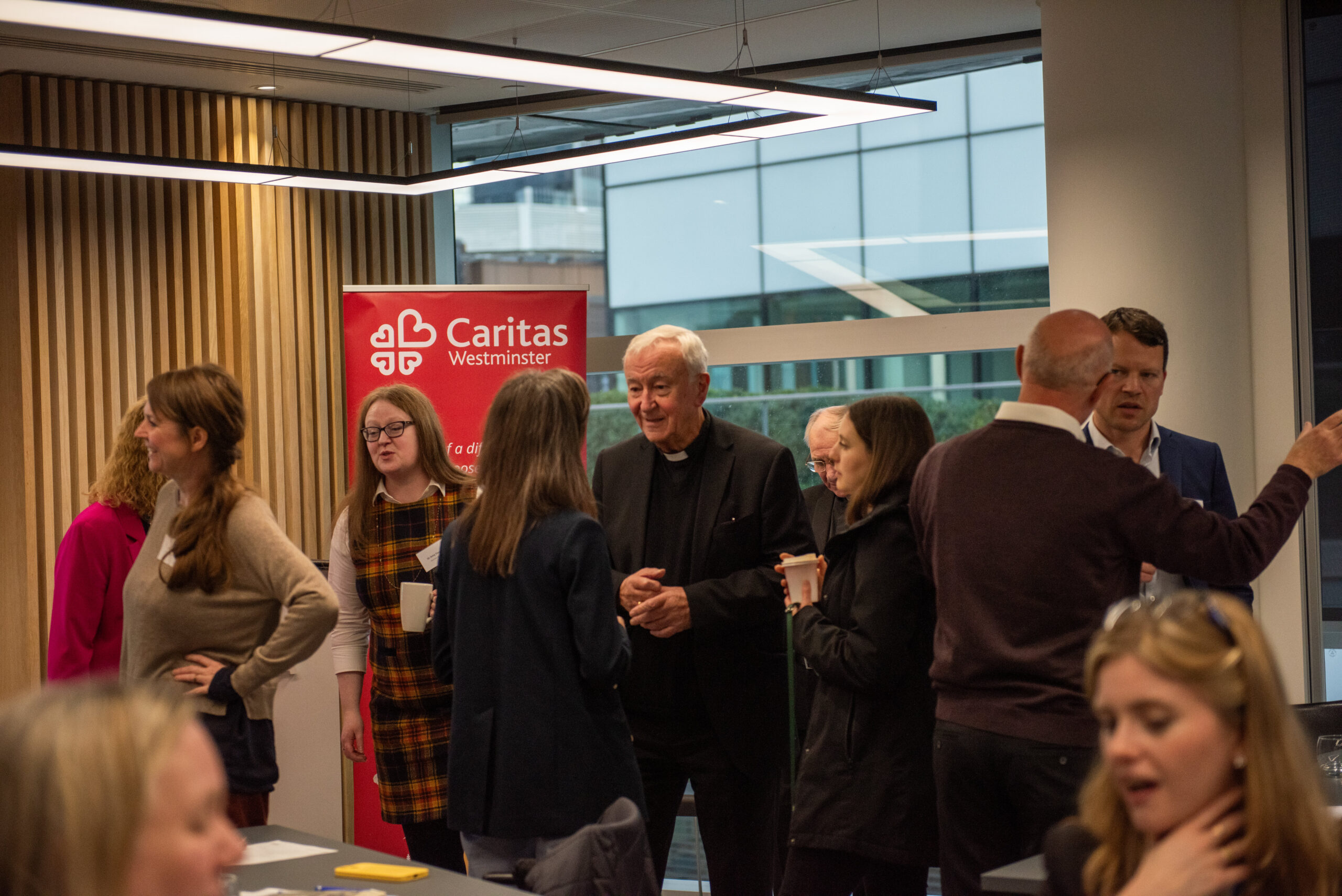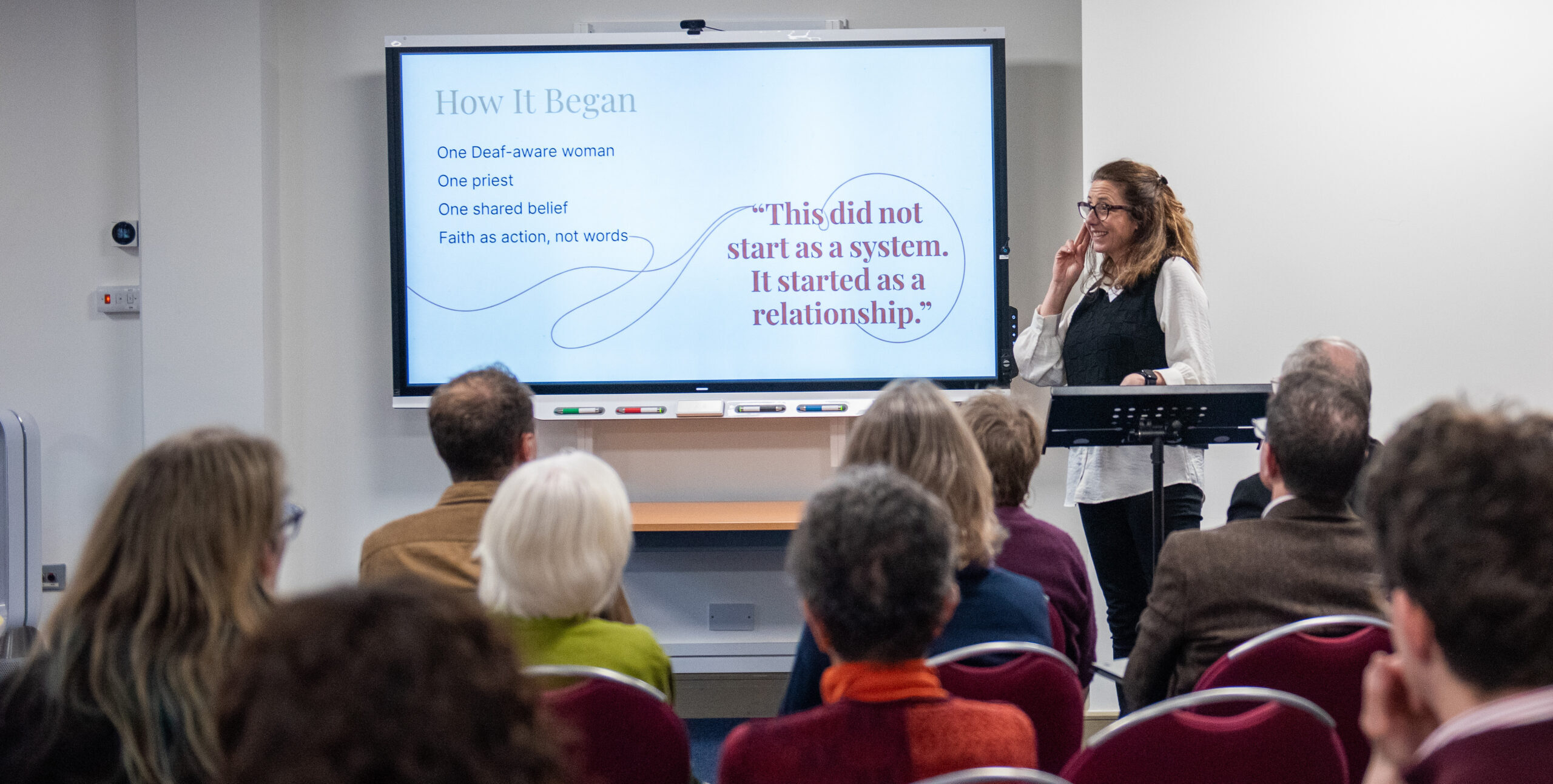On Wednesday 3 November, we hosted the the second Diocesan network meeting for those who support and journey with older people. The topic of this meeting was Dementia and Spirituality, and the main speaker was Ben Bano from Telos. Roger Carr-Jones, who works for the Diocese of Westminster in the area of Marriage and Family Life, gave this reflection:
Finding God in the Twilight
In the summer months the shift from day to night is gradual, more an extension of the day than a precursor of the night, allowing time to simply be. In the autumn and winter months, though, twilight wears a different expression as the once familiar landscape takes on a different face, the play of the light distorting and altering the once familiar surroundings. This half-light period is appealing to some and a worry to others, as it throws up disturbing images. What is your reaction to the twilight?
In the semi-darkness are you able to clearly discern the path ahead of a familiar route, drawing on your memory, or can it suddenly become a tortuous nightmare as our senses become confused? I still have a vivid memory of waiting to be collected after school at the top of a tree-lined driveway: as the light failed imagined horrors leapt out! Now that I am older and a little wiser, I find that I can gradually adjust my eyesight, so that the twilight remains a source of continued wonder and unexpected joys.
There are of course other definitions of twilight that give a guide to the nature of the ministry we have touched on today for those with dementia, the umbrella term used to describe a range of progressive neurological disorders, that is, conditions affecting the brain. Here twilight also describes an intermediate state that is not clearly defined, or one often associated with a period of decline. In either instance it is understanding the changing environment that helps both the individual and the accompanier to find new paths.
Whilst these shadows and distortions are different to those of the failing light, we now know that there are ways to help the individual navigate the topography of their unique world. Once we understand more of the landscape, we can then help diminish the fears of those in our parish communities and wider society on dementia. Just as the weather in the autumn and winter can be a mixture of mist and glowing sunshine, so too can life with dementia and those sharing that journey. The most important thing we can do is to continue to give and receive is love.
In twilight moments in life, I sometimes like to reflect on the words of psalm 23, the Lord is my shepherd, which speaks so eloquently and beautifully of God’s continued prayer and protection throughout all stages of life. They are a fitting roadmap for the moments of twilight in our lives and with those whom we are called to serve in this ministry. I want to end with two phrases: ‘He leads me’: the assurance of His ongoing accompaniment and again ‘though I may walk in the valley of darkness’, the times when his hands hold us fast.
In the pandemic we have had to learn how to navigate through a new and changing landscape guided by God’s grace: ”He brings serenity into our storms, because with God life never dies.”
Meetings of the network for those working with older people are held quarterly, in partnership with the Irish Chaplaincy, and the next one is planned for 3 February. To find out more please contact Rosa Lewis.
You may also be interested in this video about using “Validation therapy” with those living with severe dementia, which was shared at the seniors network meeting in November.




